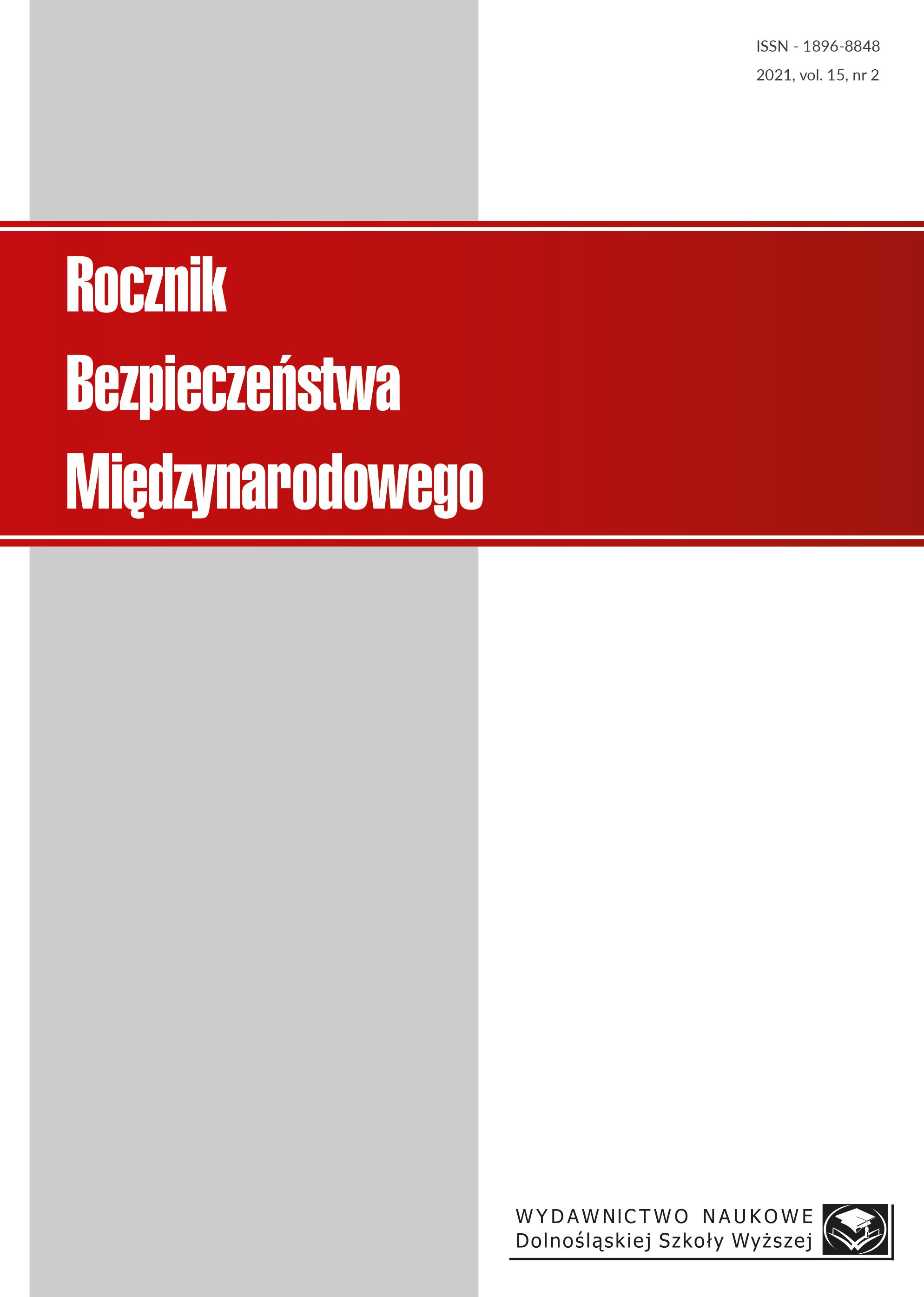Kompetencje kulturowe w siłach zbrojnych państw NATO w XXI wieku. Stan badań
Cultural Competence in Armed Forces of NATO Countries in the XXI Century. The State of Research
Author(s): Marta NowakowskaSubject(s): Politics / Political Sciences, Politics, Public Administration, Public Law, Government/Political systems, International relations/trade, Security and defense, Military policy, Political behavior, Politics and communication, Politics and society, Management and complex organizations, Sociology of Culture, Globalization, Peace and Conflict Studies
Published by: Wydawnictwo Naukowe Dolnośląskiej Szkoły Wyższej
Keywords: cultural competence;cultural awareness in the military;Human Terrain System;militarization of culture;cross-cultural communication;state of research;
Summary/Abstract: Culture and heritage preservation in the context of military missions in the education of officers of allied forces is a topic dating back to antiquity. At the same time, in connection primarily with operations in Iraq and Afghanistan, interest in this issue has increased at the turn of the 20th and 21st centuries. The importance of knowing the enemy's culture to achieve success in military operations is emphasized in strategic studies. To meet the new challenges, the U.S. Army created the so-called Human Terrain System, which relied on the cooperation of cultural anthropologists with the military. The article aims to characterize the current state of research on cultural competence in the military and systematize the subject based on Polish studies in security sciences. There appears the concept of cultural competence, shaped on the psychological ground, denoting problems with the adaptation of war veterans to the civilian environment, reflecting the issue of modern armed conflicts and the associated contact of different cultures. The research for this article was based primarily on the analysis of the literature on the subject with the help of a statistical review. This allowed the author to develop systematics and show the direction of implementing research results to the practice and military organization; to show the changes in the researched subject at the turn of the 20th and 21st centuries with emphasizing the differences between Western and Polish science, revealing the fragmentary nature and causal character of the latter. On the other hand, regardless of the Polish or Western science, there is a noticeable lack of research and studies with a practical dimension in building programs in cultural competence. The discussed publications do not exhaust the topic of cultural competence. One can even say that the scope of meanings and competencies is still being built.
Journal: Rocznik Bezpieczeństwa Międzynarodowego
- Issue Year: 15/2021
- Issue No: 2
- Page Range: 92-111
- Page Count: 20
- Language: Polish

